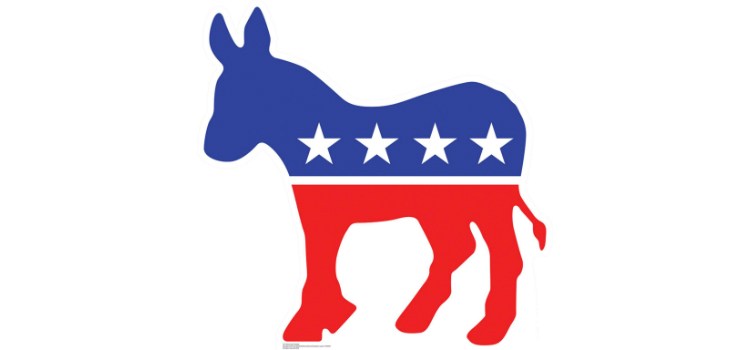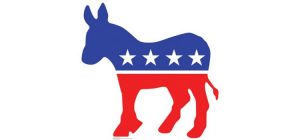“I get a little bit tired of Democrats afraid of big ideas.”
— Sen. Bernie Sander, second democratic presidential debate.
By Btanko Marcetic
In These Times (7/31/19)
For the past three decades, the Democratic Party has been living with a debilitating trauma that’s left it a shell of what it once was. But if Tuesday night’s debate is any indication, the Democrats may finally be moving into the home stretch of a long, painful recovery.
Rather than sticking to the longtime script of Democrats pandering to the center, the two highest polling candidates on the stage—Bernie Sanders and Elizabeth Warren—articulated a clear-eyed left-wing vision of the direction the party should take. Sanders railed against the “ruling class” while advocating enshrining universal economic rights, as Warren warned that “we’re not going to solve the urgent problems we face with small ideas and spinelessness.” Sanders agreed, claiming: “I get a little bit tired of Democrats afraid of big ideas.”
Tuesday night’s battle between, on one side, Sanders and Warren—the two most progressive candidates in the field—and, on the other, the conservative Democrats misleadingly labeled “moderates” by much of the media, suggest things may be finally changing.
Ever since the Clinton years of the 1990s, the party’s officials and apparatchiks have internalized the belief that being too bold or too far left is a ticket to political oblivion. After enjoying a near-unbroken hold on the White House from 1932 to 1968, the following 24 years saw Democratic presidential nominee after nominee go down in landslides against ever more right-wing Republican opponents. Peace candidate George McGovern, who called for pulling troops out of Vietnam within 90 days in 1972, had been too far left to win, went the conventional wisdom. So had Walter Mondale and Michael Dukakis in 1984 and 1988, respectively, conveniently ignoring the reality that both had campaigned as centrists pledging to cut the deficit and reform welfare.
Hollowing out the core of the party
This set of lessons, combined with Bill Clinton’s two presidential victories, led the party to an increasingly ruinous set of choices. Clinton’s “triangulation”—collaborating with Republicans to deregulate banks, cut social programs and empower large financial institutions—helped hollow out unions and working-class support for the party, while setting the stage for the 2008 financial crisis. The Democrats’ choice of safe “moderate” candidate John Kerry in 2004 saw a vulnerable George W. Bush return to the White House for another four years. And Barack Obama finished the job Clinton had begun, with his fear of appearing too radical or—heaven forbid—a “socialist,” leading to a less-than-aggressive response to the financial crisis. This crisis, in turn, created a wipeout of black working-class wealth and a sluggish economic recovery that helped President Trump ride a wave of rage and apathy to the White House in 2016.
Paralyzed by caution, and its worst instincts justified through a gradual takeover by corporate interests, the Democratic Party has in many ways been its own worst enemy. …


